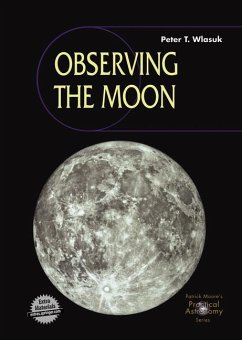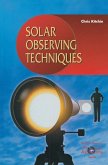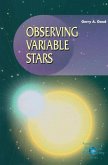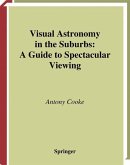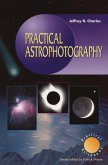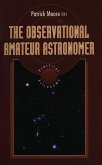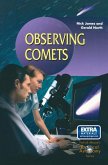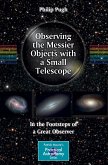Why write another guide to observing the Moon? That was the question I was pondering as I began this project, having a fine collection of "classic" lunar guidebooks dating back to 1791 in my own library. As a Fellow of the Royal Astronomical Society (RAS), member of the American Astronomical Society's Division for Planetary Sciences (AAS DPS), and member of the American Geophysical Union (AGU), I am fortunate to know many pro fessionallunar scientists who keep me up to date with developments in lunar scienc- contrary to public perception, lunar science has definitely not stagnated since the last Apollo, No. 17, left the surface of the Moon in December, 1972. I am also lucky to know many amateur lunar observers, who, like me, enjoy actually looking at the Moon with tele scopes and imaging it with a wide variety of devices ranging from regular 35 mm cameras to video recorders and CCD cameras. My friends who study the Moon, whether in their professions or just for fun, gave me several reasons for doing "another" lunar guidebook. First, the last lunar observer's guide of any length was published over ten years ago, and many reviewers noted that it was badly out of date even then.
Bitte wählen Sie Ihr Anliegen aus.
Rechnungen
Retourenschein anfordern
Bestellstatus
Storno

